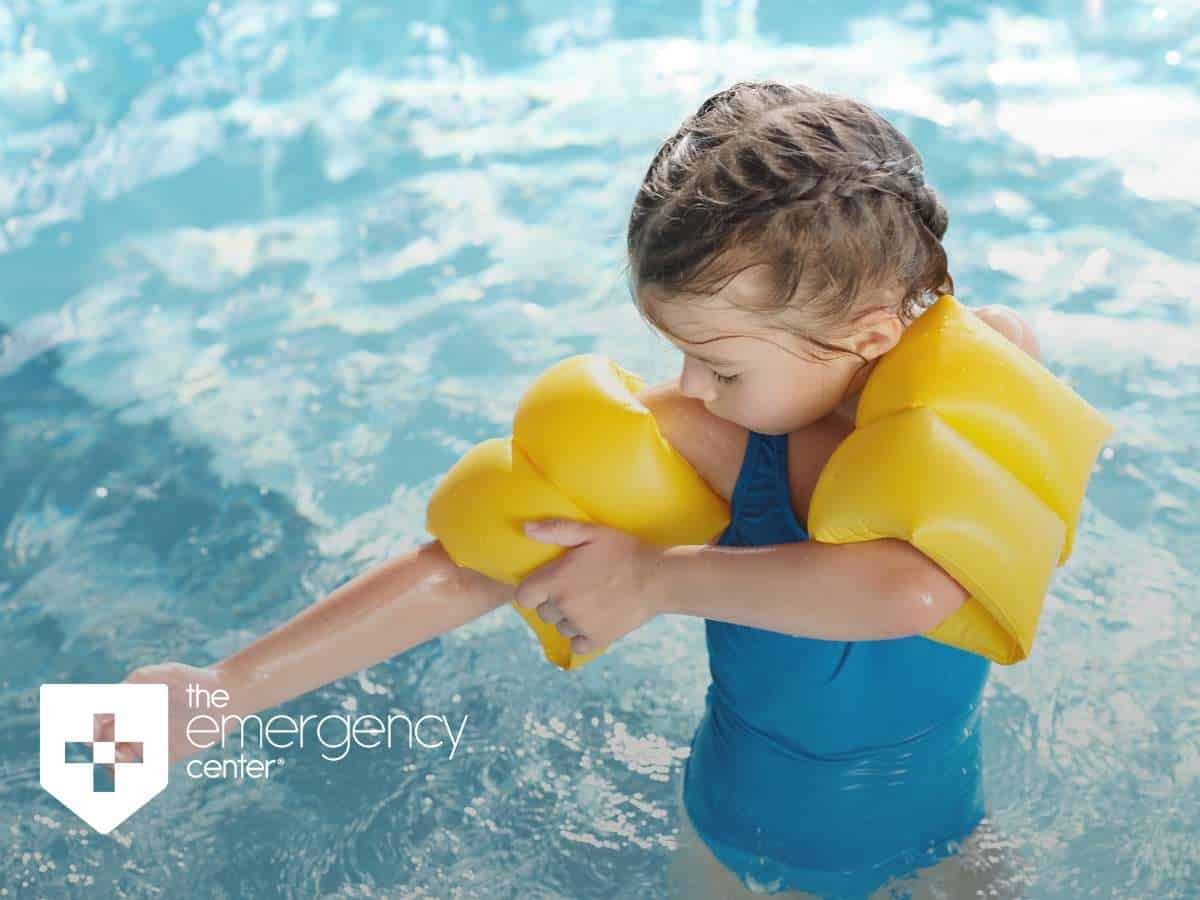Health Hazards To Be Careful Of This Summer & How To Avoid Them
Everyday Health Hazards To Watch Out For This Summer
With kids out of school and seemingly endless days of sun, summer is a special time of year. There are new opportunities for recreation—and new risks. Fun should start with knowing how to keep these risks from turning into reality, and what to do if they do occur.

Heat-Related Illnesses: Staying Safe In The Summer Heat
It is shaping up to be a long, hot summer with temperatures already hitting triple digits in many places across the southern United States. That means the number of heat-related illnesses are also likely to surge. According to the Centers for Disease Control and Prevention, more than 500 Americans die each year from excessive heat. The most serious form is heat stroke, but thousands of people every year seek care for heat exhaustion as well.
Here are some signs of potential heat exhaustion or heat stroke. If you or someone you are with experiences these symptoms after being in the heat, it’s crucial to seek immediate medical attention. At The Emergency Center, our comprehensive diagnostic services enable us to accurately assess and treat heat-related illnesses:
- Headache
- Feeling disoriented or confused
- Dizziness
- High fever (104˚F)
- No longer sweating
- Skin that looks pale and/or feels cool
How To Prevent Heat-Related Illnesses:
- Avoid staying outside for long periods during the hottest part of the day
- Avoid exercising and strenuous activity during times of high heat or high humidity
- Drink plenty of water
- Use a cool towel as a compress
- Wear appropriate, light clothing
Avoiding Swimming Pool Accidents During Summer
Water activities can present the opportunity for a variety of injuries, including serious head and neck injuries resulting from diving into shallow water or not checking the depth before jumping. Of course, the most serious water threat is drowning, which is a leading cause of accidental death in kids under age 4.
Most drownings occur in swimming pools—all too often with others nearby. Signs that someone is at-risk of drowning are not like they are portrayed in the movies (e.g., a victim’s arms flailing and screaming for help). Here are real signs someone is in trouble in the water:
- Clinging to wall or floatie but too tired to lift themselves out
- Jumping in the water but failing to resurface within a few seconds
- Moving body in the water but not able to go anywhere
- Silence (due to hyperventilation)
- Head tilted up while body remains vertical
- Arms making downward motions as if seeking to push the body up
- Floating horizontal but face down for more than 20-30 seconds
Tips To Stay Safe From Water Injuries & Drowning
- Never swim alone
- Know what is below before jumping or diving in
- Keep kids who need to wear water wings or a life jacket within arms reach
- Rotate between adults watching the water (and doing nothing else)
- Limit the use of alcohol
Injury Prevention During Summer Activities
There are plenty of opportunities for injuries while playing summer sports and participating in other recreational activities. This is especially true for kids who may spend a lot more time outside and active during the dog days of summer, often using scooters, bikes, skateboards and playing all sorts of other sandlot games.
These activities can lead to cuts, concussions, bone breaks, sprains, soft tissue tears and other injuries. Here’s when an injury should be treated at The Emergency Center:
Cuts – if the edges of the wound can’t easily be pressed together; if it’s deep enough to see yellow tissue; any broken skin due to animal bite; if it won’t stop bleeding shortly after applying pressure; if it is due to a rusty or contaminated object.
Head injuries – any loss of consciousness; confusion after the event; feeling nauseous; open wound on the face or scalp; feeling or showing an altered mental status.
Orthopedic injuries – severe pain that does not dissipate; moderate to extreme swelling; a bone or part of a limb out of its normal place (dislocation); bone sticking out from skin; feeling something pop then inability to use a joint.
Tips For Kids & Adults To Avoid Summer Injuries
- Always wear a helmet and pads when on bike/scooter/skateboard etc.
- Make sure all equipment is functioning properly
- Avoid distractions and be aware of surroundings
- Warm up and cool down before and after athletic activities
Of course, the best protection against injuries, water accidents and extreme heat remains using commonsense and knowing when to go to The Emergency Center for help.

The Emergency Center
San Antonio
11320 Alamo Ranch Pkwy
San Antonio, TX 78253
Phone: 210-485-3644
Conroe
4019 I-45 N,
Conroe, Texas 77304
Phone: 936-247-9457
